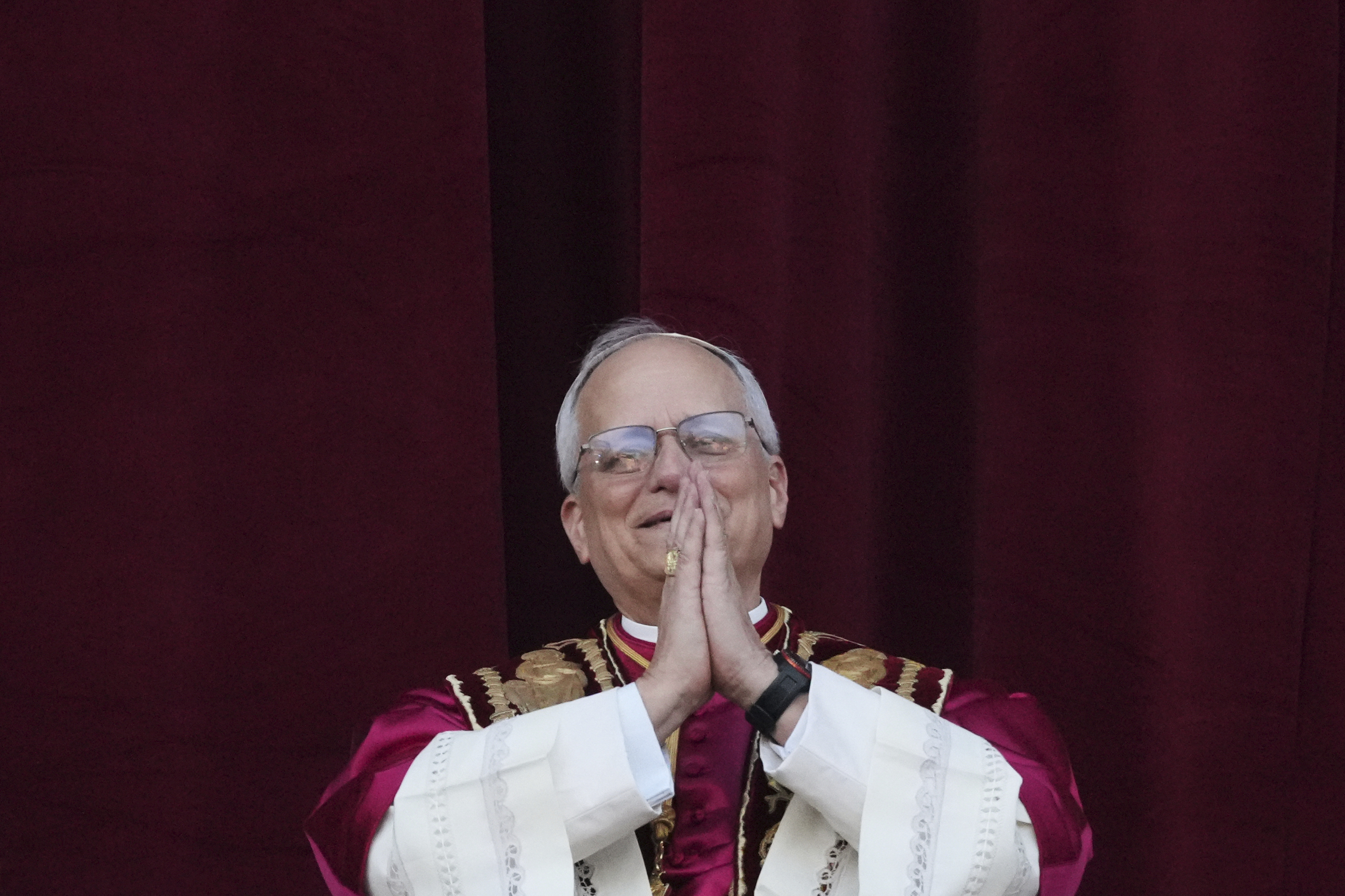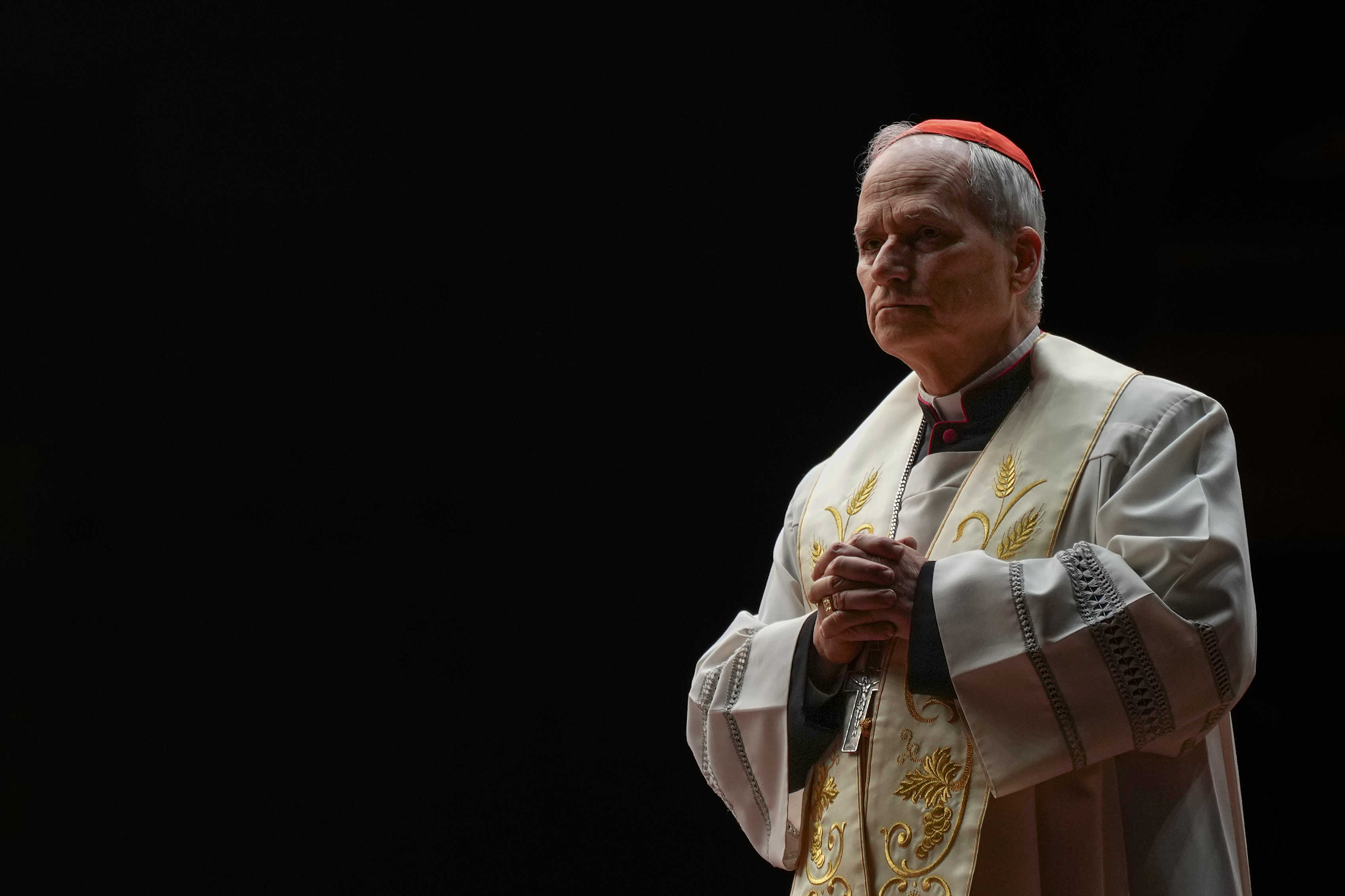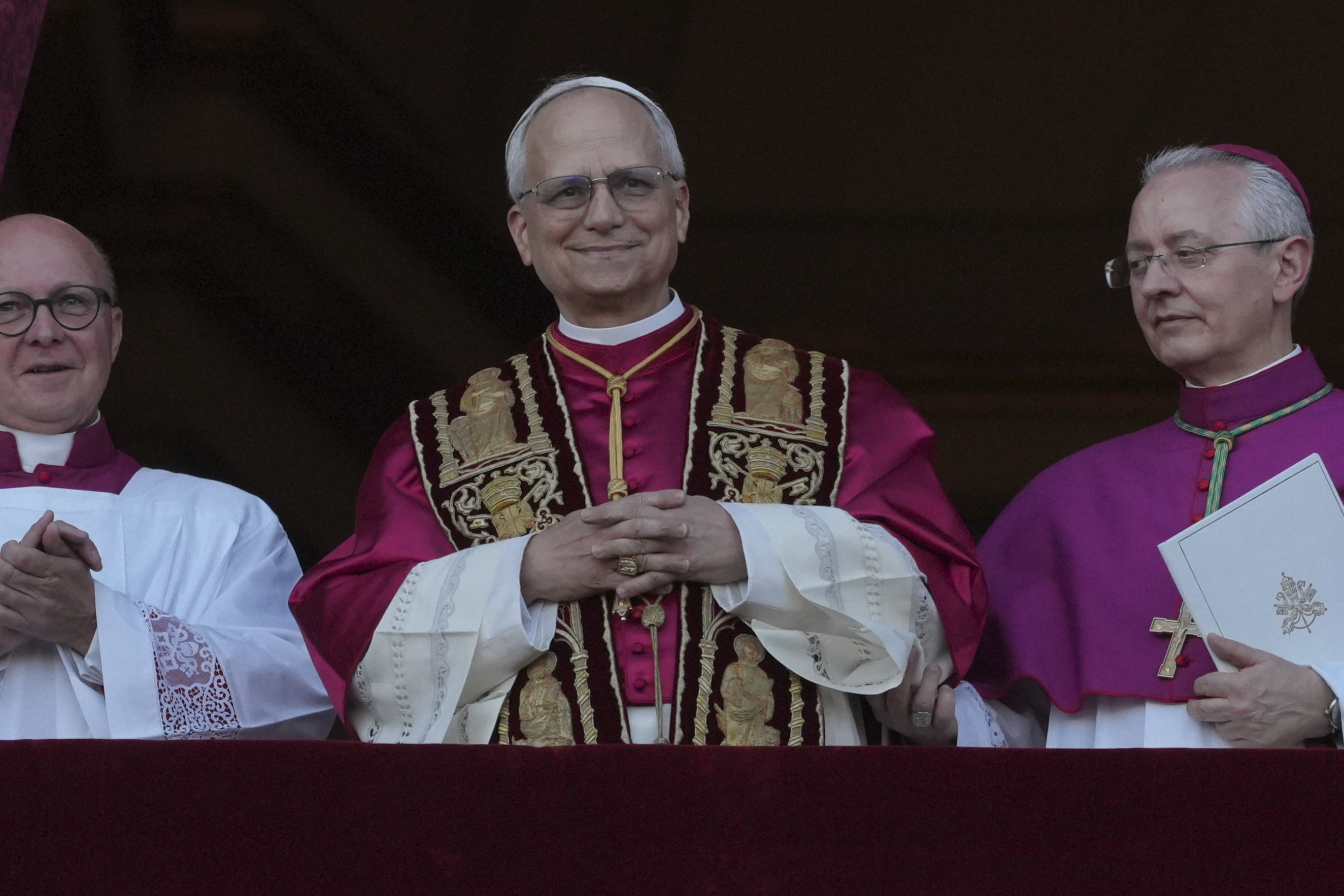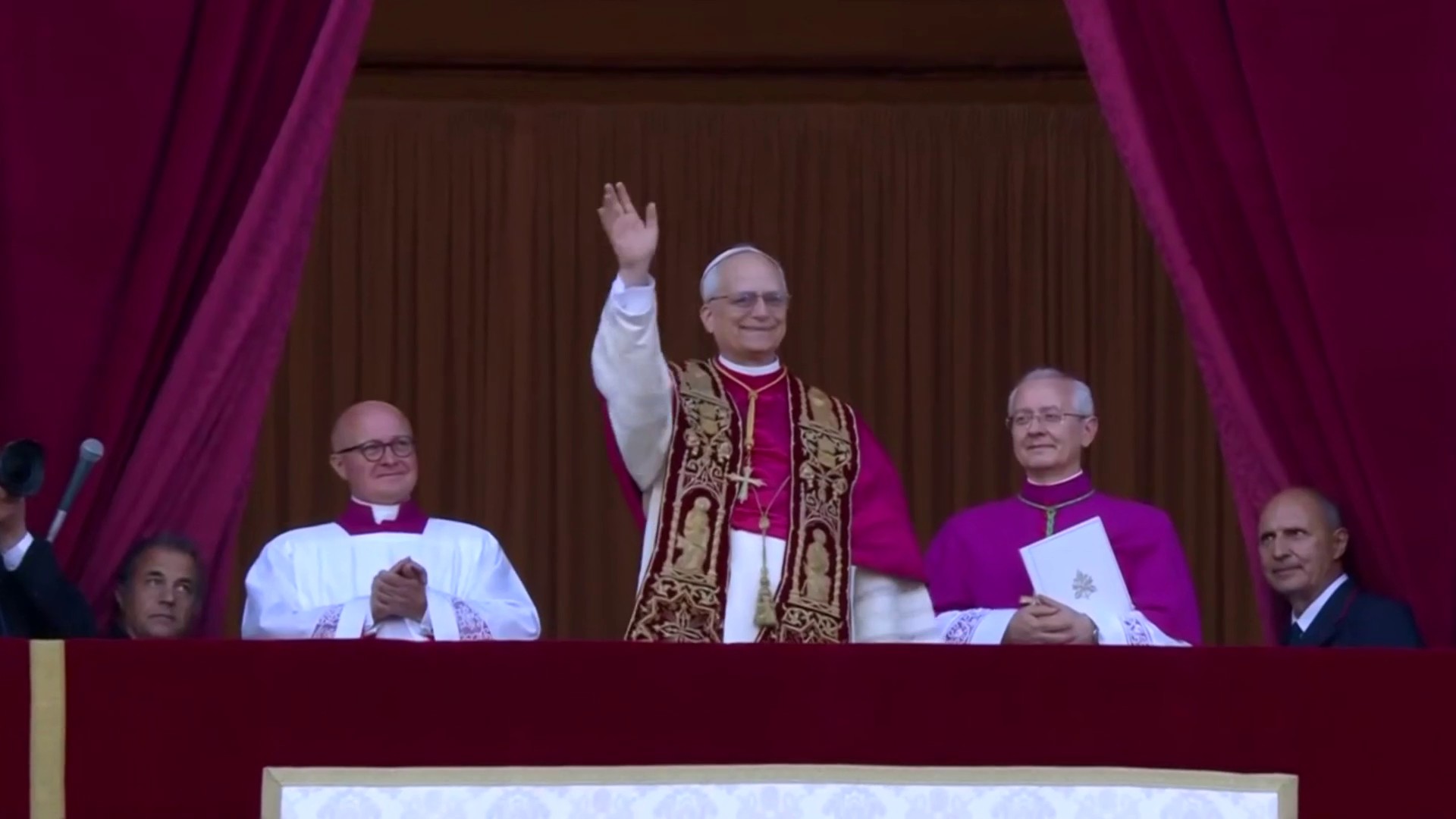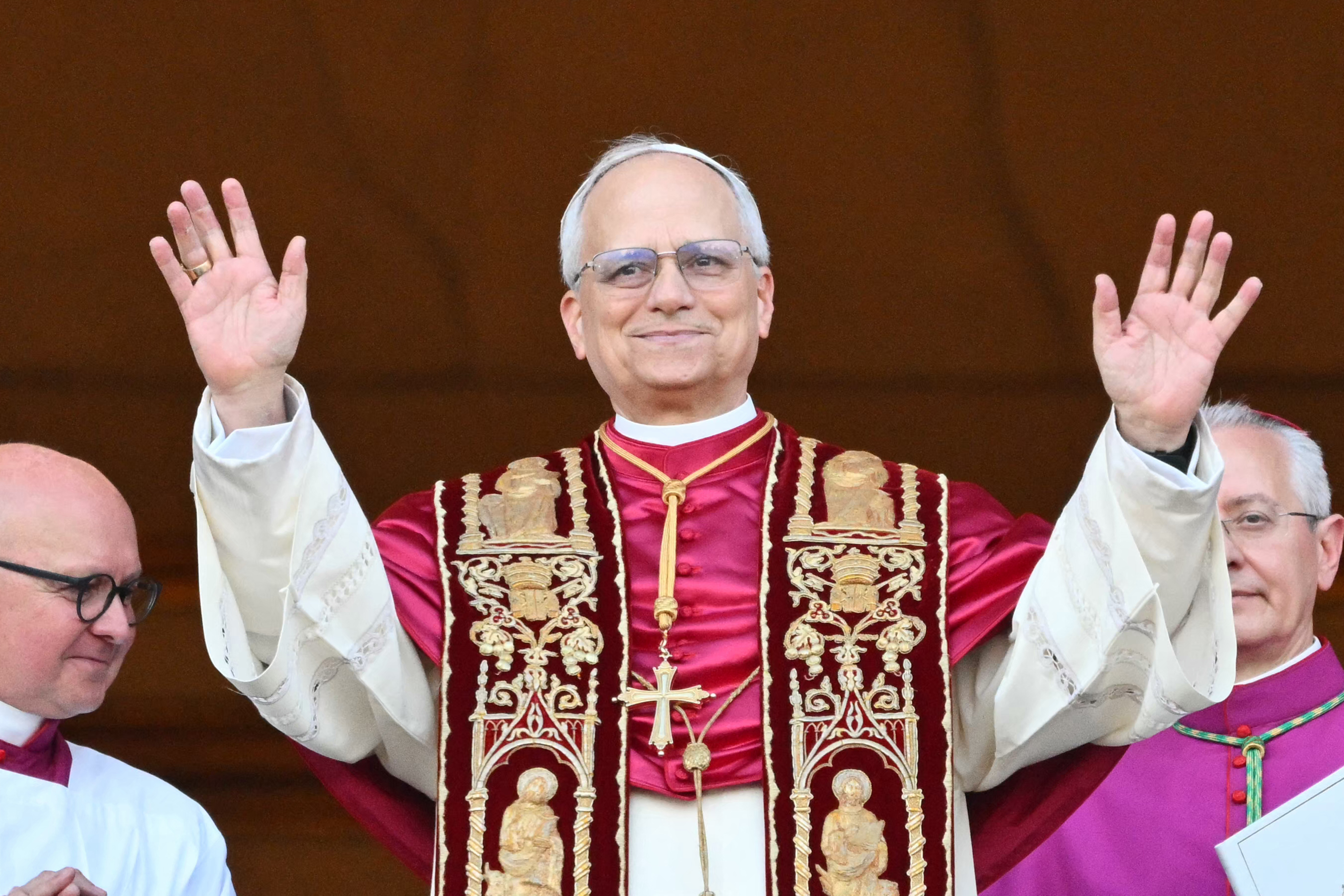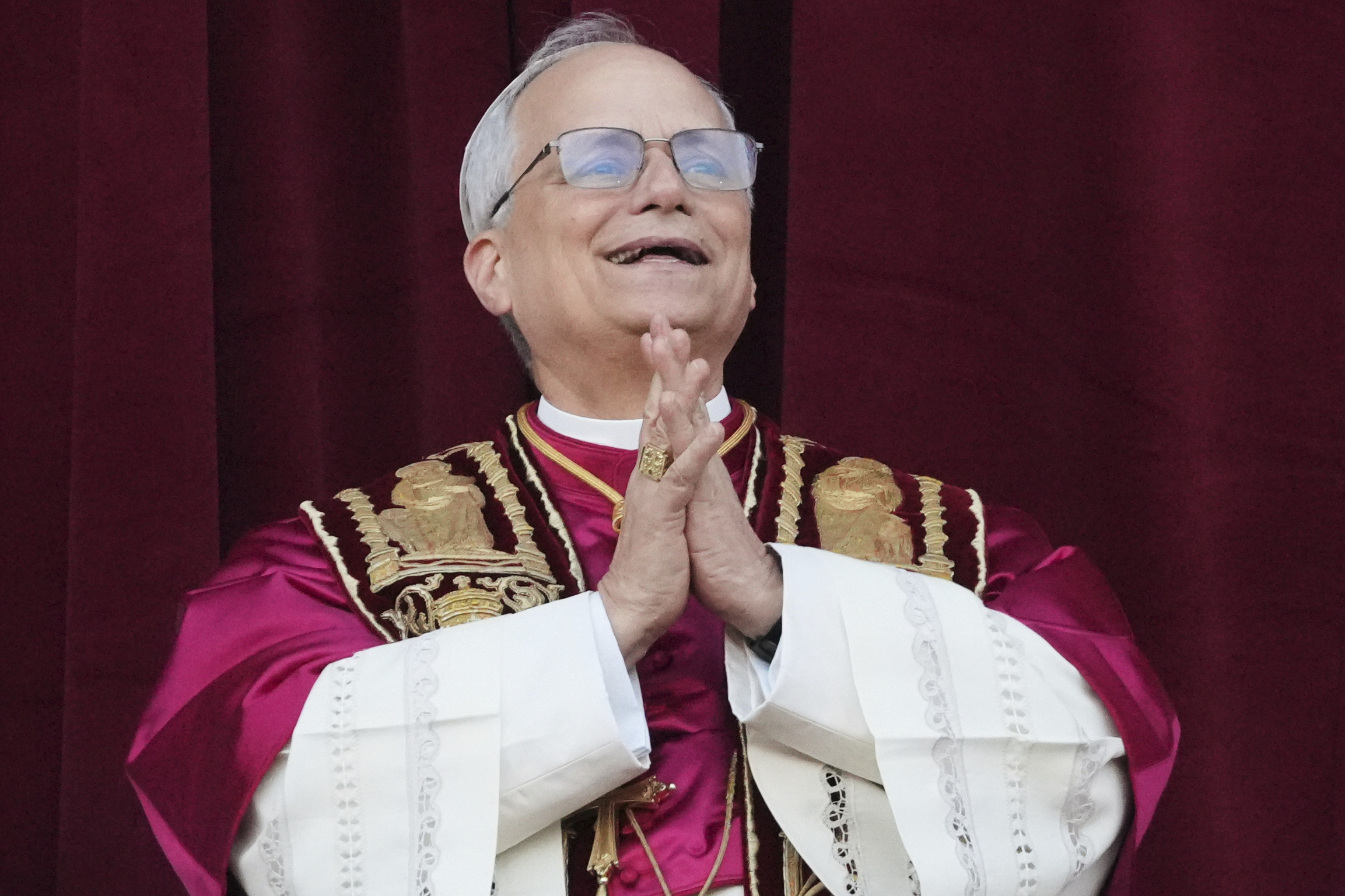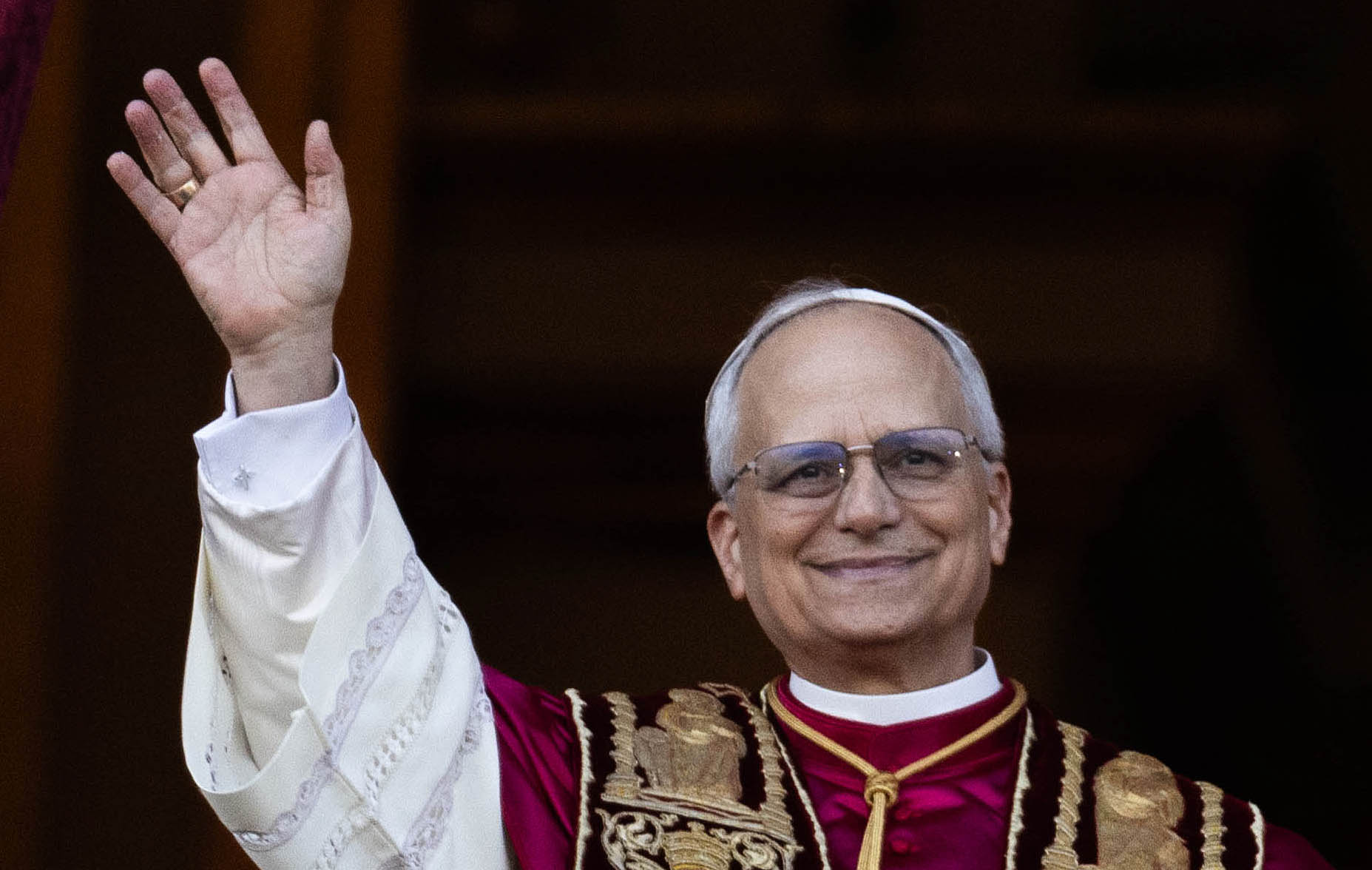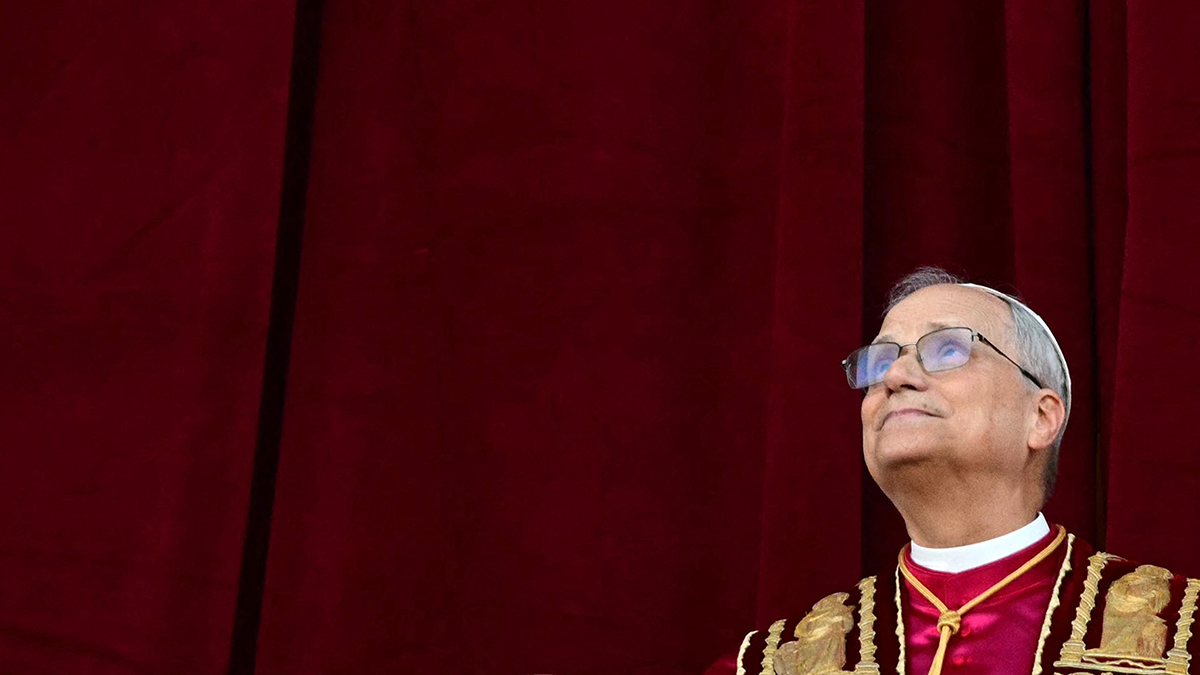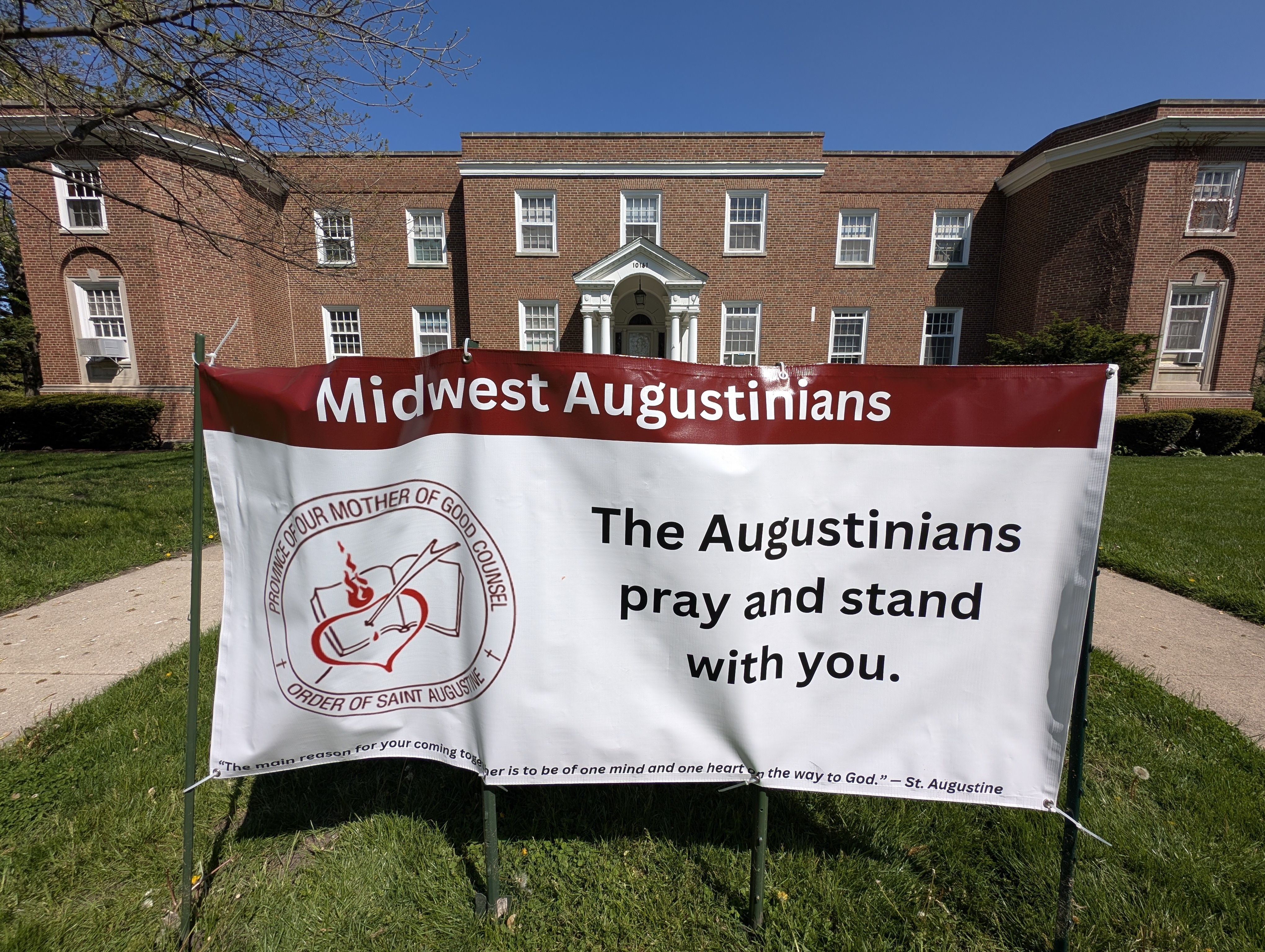Pope Leo XIV: American Cardinal Elected! (What it Means)
Shock and Awe: American Cardinal Prevost Elected Pope Leo XIV!
A New Era Dawns: The Election of Pope Leo XIV
History has been made! In a stunning turn of events, Cardinal Robert Francis Prevost, an American missionary from Chicago, has been elected the 267th Pope of the Catholic Church. This marks the first time in the Church's 2,000-year history that an American has ascended to the papacy. Imagine, a boy from Chicago leading the world's Catholics! He has chosen the name Leo XIV, signaling potentially a link to the legacy of past Leos, known for their intellectual rigor and diplomatic skill. Are we on the cusp of a new chapter for the Church?
The Conclave Concludes: A Surprise Selection
One hundred and thirty-three cardinal electors gathered in Vatican City to elect a successor to Pope Francis, who sadly passed away on April 21st. The conclave, shrouded in secrecy and prayer, reached its conclusion with the unexpected selection of Cardinal Prevost. The white smoke billowed, signaling a new leader for the world’s 1.3 billion Catholics. But why Prevost? Let's delve deeper.
The Unexpected Choice: Why Cardinal Prevost?
Prevost's election comes as a surprise to many, given his relative lack of visibility on the global stage. However, his deep experience as a missionary in Peru and his leadership role in the Vatican's powerful office of bishops have clearly made a lasting impression on his peers. He isn't a household name, and that might be the very reason the cardinals chose him. Was it a desire for a fresh perspective, someone not caught up in the usual Vatican politics?
Who is Pope Leo XIV? Unveiling the New Pontiff
Let's take a closer look at the man now known as Pope Leo XIV. What are his beliefs? His history? What kind of Pope will he be?
From Chicago to Peru: A Life of Service
Born and raised in Chicago, Robert Francis Prevost dedicated his life to missionary work in Peru. His time ministering to the poor and marginalized shaped his worldview and instilled in him a deep commitment to social justice. Think of him as the "field operative" who now finds himself at the very top. Will this give him a unique perspective?
Leading the Office of Bishops: A Key Role in the Vatican
Prior to his election, Cardinal Prevost led the Vatican's powerful office of bishops. This role gave him significant influence over the selection of bishops worldwide, making him a key player in shaping the future of the Church. This wasn't a simple administrative role; it meant influencing the very future of the clergy and the Church itself.
The Significance of the Name: Leo XIV
The name a Pope chooses is never accidental. What does "Leo XIV" signify? What are we to expect of his papacy based on this name?
A Nod to History: Following in the Footsteps of Giants
The name Leo is associated with strong and influential Popes throughout history. Previous Leos were known for their intellectual prowess, diplomatic skills, and strong leadership. Is Pope Leo XIV signaling a desire to emulate these qualities? He isn't just picking a name; he is aligning himself with a legacy.
Potential Implications: What to Expect from Leo XIV
Choosing the name Leo XIV suggests a potential focus on intellectual engagement, diplomatic initiatives, and a strong defense of Church teachings. This could mean a return to more traditional values, or it could mean adapting the Church's message to a modern world using the tools of intellect and diplomacy. Only time will tell.
The World Reacts: A Global Perspective
The election of Pope Leo XIV has sent shockwaves around the world. Leaders, religious figures, and everyday Catholics are all reacting to this historic event. What are the common themes emerging from these reactions?
Hope and Optimism: A Fresh Start for the Church
Many are expressing hope and optimism that Pope Leo XIV will bring a fresh perspective and renewed energy to the Church. His American background and his experience in Peru are seen as assets that will allow him to connect with people from all walks of life. Think of it as a breath of fresh air blowing through the Vatican.
Concerns and Questions: Navigating the Challenges Ahead
Others are expressing concerns and questions about the challenges facing the Church, including declining membership, sexual abuse scandals, and social justice issues. Will Pope Leo XIV be able to address these challenges effectively? It's a heavy burden to bear, and many are wondering how he will handle it.
Key Challenges Facing Pope Leo XIV
Pope Leo XIV inherits a Church facing numerous challenges in the 21st century. From internal issues to external pressures, his leadership will be tested.
The Sexual Abuse Crisis: Rebuilding Trust and Accountability
The ongoing sexual abuse crisis remains a major challenge for the Church. Pope Leo XIV will need to take decisive action to rebuild trust and ensure accountability. This is arguably the most pressing issue, requiring transparency and genuine commitment to change.
Declining Membership: Engaging Younger Generations
In many parts of the world, Church membership is declining, particularly among younger generations. Pope Leo XIV will need to find ways to engage young people and make the Church relevant to their lives. Can he bridge the gap between tradition and modernity?
Social Justice Issues: Addressing Poverty and Inequality
Pope Leo XIV has a strong background in social justice. He will need to address issues such as poverty, inequality, and climate change. His past experience in Peru gives him a unique perspective on these critical issues.
Pope Leo XIV's Potential Impact on the United States
As the first American Pope, Leo XIV’s election holds special significance for the United States. What impact will his leadership have on American Catholics and the nation as a whole?
Strengthening Ties: A New Era for American Catholics
His election could strengthen ties between the Vatican and the American Catholic community. Many American Catholics will likely feel a closer connection to the Church under his leadership. Imagine the pride and excitement within American parishes!
Influence on US Policy: Social Justice and Religious Freedom
Pope Leo XIV's views on social justice and religious freedom could influence US policy debates. His voice could carry significant weight in discussions about poverty, immigration, and healthcare. Will his American roots inform his perspective on these issues?
The Road Ahead: A Vision for the Future
What is Pope Leo XIV's vision for the future of the Catholic Church? What steps will he take to lead the Church into the 21st century?
Modernizing the Church: Adapting to a Changing World
He may seek to modernize the Church and adapt its teachings to the challenges of a rapidly changing world. This could involve reforms to Church governance, a greater emphasis on interfaith dialogue, and a more inclusive approach to social issues. The key is finding the balance between tradition and progress.
Promoting Unity: Bridging Divides Within the Church
Pope Leo XIV will likely strive to promote unity within the Church and bridge divides between different factions. This will require diplomacy, understanding, and a willingness to listen to diverse perspectives. Can he heal the rifts and foster a sense of common purpose?
Conclusion: A Transformative Moment for the Catholic Church
The election of Cardinal Robert Francis Prevost as Pope Leo XIV is a truly historic moment for the Catholic Church. As the first American Pope, he brings a unique perspective and a wealth of experience to the papacy. His leadership will be tested by numerous challenges, but his commitment to social justice, his intellectual rigor, and his diplomatic skills offer hope for a bright future for the Church. The world watches with anticipation as Pope Leo XIV embarks on his journey as the spiritual leader of over a billion Catholics. It's the dawn of a new era, and what an exciting era it promises to be!
Frequently Asked Questions
- Why was Cardinal Prevost's election considered a surprise?
While respected within the Vatican, Cardinal Prevost wasn't a widely known figure outside of Church circles. His lack of high-profile media presence made him an unexpected choice compared to other potential candidates.
- What are some of the key issues Pope Leo XIV is likely to address?
He is likely to address the ongoing sexual abuse crisis, declining Church membership (especially among younger generations), and social justice issues such as poverty, inequality, and climate change.
- How might Pope Leo XIV's American background influence his papacy?
His American background could lead to a greater understanding of the challenges faced by Catholics in the United States, and may influence his approach to issues such as religious freedom and immigration policy.
- What does the name "Leo XIV" signify?
The name "Leo" is associated with Popes known for their intellectualism, diplomacy, and strong leadership. Pope Leo XIV's choice of this name suggests a potential focus on these qualities during his papacy.
- What is the biggest challenge Pope Leo XIV will face?
Arguably, the biggest challenge is restoring trust in the Church following the sexual abuse crisis. This will require transparency, accountability, and a genuine commitment to protecting vulnerable individuals.
